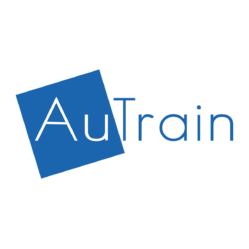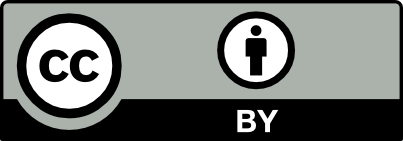Estimated time: 3 hours
Rationality: Autism spectrum disorder (ASD) is a neurodevelopmental disorder characterized by deficits in social communication and social interaction and the presence of restricted, repetitive behaviors. Social communication deficits present in various ways and can include impairments in joint attention and social reciprocity as well as challenges using verbal and nonverbal communication behaviors for social interaction. Restricted, repetitive behaviors, interests, or activities are manifested by stereotyped, repetitive speech, motor movement, or use of objects; inflexible adherence to routines; restricted interests; and hyper- and/or hypo-sensitivity to sensory input. This definition is consistent with the diagnostic criteria for ASD described in the Diagnostic and Statistical Manual of Mental Disorders, 5th Edition (DSM-5; American Psychiatric Association [APA], 2013). When considering individuals with ASD, components of social communication (ASHA, 2021) and social communication benchmarks (ASHA, 2021) should be known and taken into account in order to identify and describe individual’s characteristics: adulthood uses verbal and nonverbal language competently and flexibly; navigates multiple registers flexibly and fluidly; demonstrates refined understanding and use of nonverbal behavior; develops close friendships and romantic relationships. However, all officers must consider cultural and linguistic factors that may influence appropriateness and/or relevance of benchmarks. People with ASD have challenges with communication and social skills. They often find it hard to have conversations and may not pick up on social cues. Some people with ASD may not talk at all, and others may talk very well. But all will have some challenges making friends and communicating socially (ASHA, 2021). All individuals with ASD are eligible for services that support communication, language and speech competencies due to the pervasive nature of the social communication impairment. These services should be implemented in all contexts (ASHA, 2021). Therefore, there is a need to advocate for inclusion of strategies to enhance social communication, interaction and social skills for people with ASD to succeed in their daily everyday life.
The social communication issues experienced by individuals with ASD also affect their communication partners. Family members, friends, teachers, and coworkers face the challenge of learning to recognize and respond to subtle bids for communication and to interpret the communication functions of challenging behaviors. Individuals with ASD report a desire to have friendships and relationships, despite their social communication challenges. However, peers often feel ineffective in social exchanges with an individual with ASD and may avoid that person or react to social overtures in a negative way (e.g., by teasing or bullying). This lack of appropriate engagement and bullying can have a negative impact on the development of social skills (ASHA, 2021). Due to the complexity of the disorder many researchers have intensified conducting studies, now providing evidence about research-based practices/training that are more effective for people with ASD in the most identified outcomes. According to the most frequently outcomes that were identified in studies with people with ASD are the outcomes related to social skills (e.g. needed to interact with others) and communication skills (e.g. ability to express wants, needs, choices, feelings, or ideas) which can demonstrate the relevance of these skills when dealing with people with ASD (Wong et al., 2013). This module aims to provide an understanding about social communication and social interaction skills for people with ASD, namely to understand the concept of communication- basics and importance, and the communication of a person with ASD; to understand the concept of social communication issues experienced by individuals with ASD, to understand the concepts of interaction and social skills, and its implication in the life of a person with ASD, namely personal and professional relationships, and how to deal with a person with ASD in a daily social life.
The module contains experiences of adults with ASD that face challenges and difficulties in social communication and social skills on an everyday basis and its implication for each person´s life project, as well as a conceptual approach that contributes to a better understanding of the more recent definition of autism spectrum disorder (ASD).




